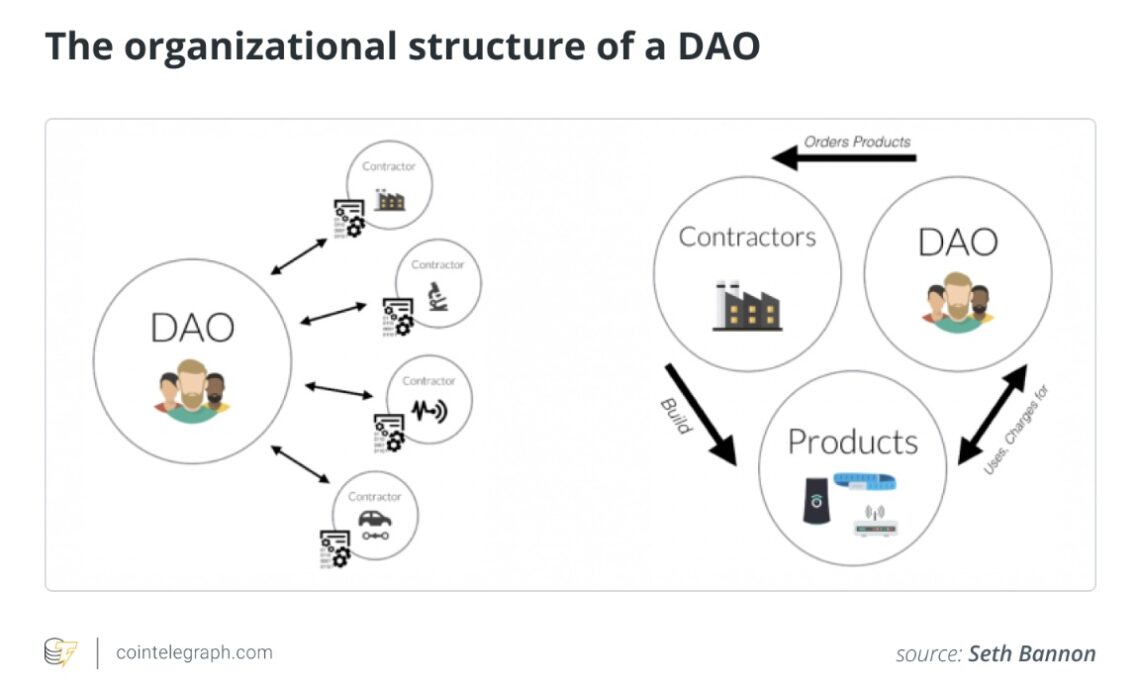As we know them today, decentralized autonomous organizations (DAOs) will not scale to the masses.
Sure, shining examples like PleasrDAO, Uniswap DAO, Synthetix’s group of DAOs, and Maker DAO exist, thriving in their respective niches. Still, none of these have gotten anywhere close to being household names.
Why, you might ask?
Related: Cybernetic organizations — BORGs — are doomed to fail
They’re too crypto.
Three of these four are protocol DAOs, driving the day-to-day operations and future growth of DeFi ecosystems. The other, PleasrDAO, is a collective of well-known crypto builders, investors, and overall thought leaders curating the future of art, on-chain.
Though these DAOs are supposed to be “crypto-focused,” we still need a model for DAOs that will transcend the industry.
Consider Burning Man: A DAO before DAOs were coined. A DAO truly outside of crypto.
From its founding in 1986 with just 20 guests, to its rise to a global phenomenon with an estimated 73,000 in attendance this year, the draw has always been simple, yet powerful enough to bring people together from all sorts of backgrounds.
Burning Man can be almost anything to anyone, but to everyone, it’s an escape from traditional society to an alternative in which money doesn’t rule and paying it forward does. Every year, the city gets bigger, and the camps around it offer more, despite the fact that money isn’t used during the event itself.
With the crypto bear market continuing and DAOs still stopping short of crossing the chasm, perhaps it’s high time to draw inspiration from the physical world’s most famous DAO.
Central planning, but with decentralized governance
What if DAOs don’t always need to be fully decentralized?
Burning Man thrives on a model in which the non-profit plans the city and everything involved with making sure the festival and its camps can still thrive there. Simultaneously, the camps are allowed to offer services they choose to offer, as long as those services align with the greater mission, vision, and values of the event.
If that rings a bell to DAO practitioners, it’s because certain DAOs already operate with a similar structure. Take Ukraine DAO and VitaDAO, both of which Vitalik himself discusses in his seminal essay on DAOs vs. corporations.
Ukraine DAO functions with an overarching council making major decisions such as creating working groups or “pods,” funding them, and…
Click Here to Read the Full Original Article at Cointelegraph.com News…
























